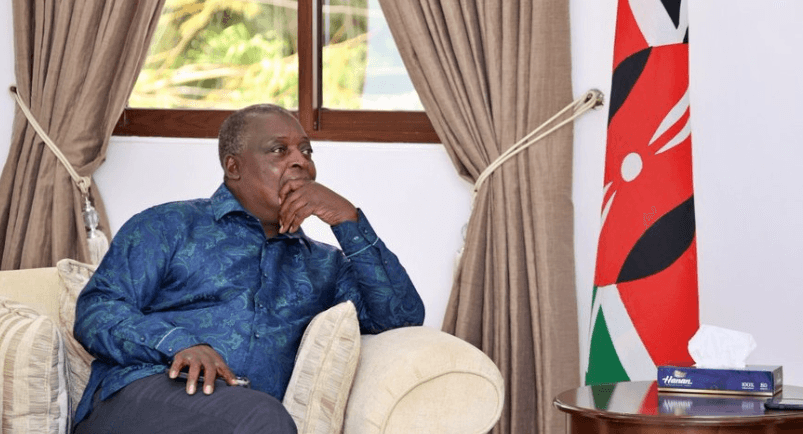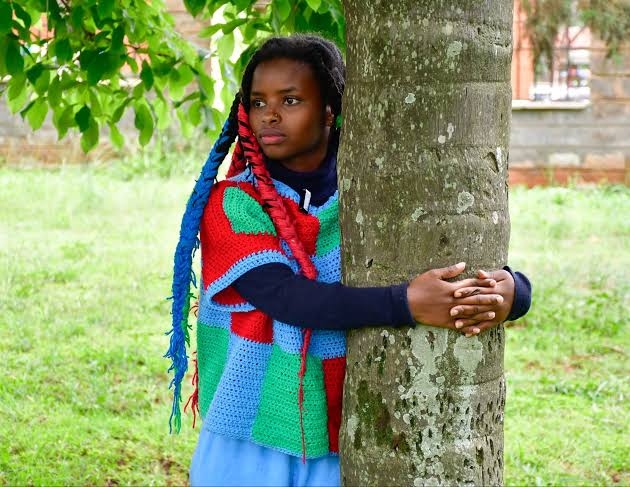The Health Ministry has explained why Community Health Promoters do not have contracts despite playing a vital role in the healthcare system.
Health CS Susan Nakhumicha in her submissions to the Senate on Wednesday explained the CHP payment plan is a co-shared responsibility.
She said CHPs are identified by their communities and then taken through training by both the counties and the national government.
She further noted that the CHPs are also paid their stipends in a co-matching agreement where the counties pay half while the national government pays the remaining half.
Nominated Senator Tabitha Mutinda had called on the CS to clarify whether the CHPs have a contract stipulating their operation and the duration of the contracts.
“We have an agreement with the counties that we are going to give them a stipend, we are going to co-match that we give 50 per cent while the counties give 50 per cent of a stipend and that is more of an appreciation so we do not have written contracts with them,” Nakhumicha said.
“But we have community health assistants that then supervise them to ensure they are carrying out their duty and those community health assistants have contracts with the county governments,” she added.
Senator Mutinda also raised concern that despite the recent launch of CHPs by the government, some did not have the kits to facilitate them to do their work.
“We have noted that some of them are not fully equipped and also in the very remote areas some also do not have the same kits and in some counties we still have some shortages,” Mutinda said.
The CS was thus tasked to explain why the shortages were being witnessed and what mechanisms were being put in place to sort out the issues.
In her defence, Nakhumicha said despite launching the 100,000 CHPs and a similar number of kits, the feedback being received is that some are yet to be covered.
“After the launch, we have received feedback from the counties that not all CHPs were covered within the 100,000,” she told the Senate.
“We have put together a total of 20,000 across the country, we are going to put them through training then they shall be given the kits so that they can carry out the work that we have asked them to do,” she explained.
The CHPs were unveiled on October 20 during the Mashujaa Day celebrations in Kericho.
Before then, President William Ruto had flagged off a similar number of kits to counties to be used by the CHPs in promoting health activities at the community level.















